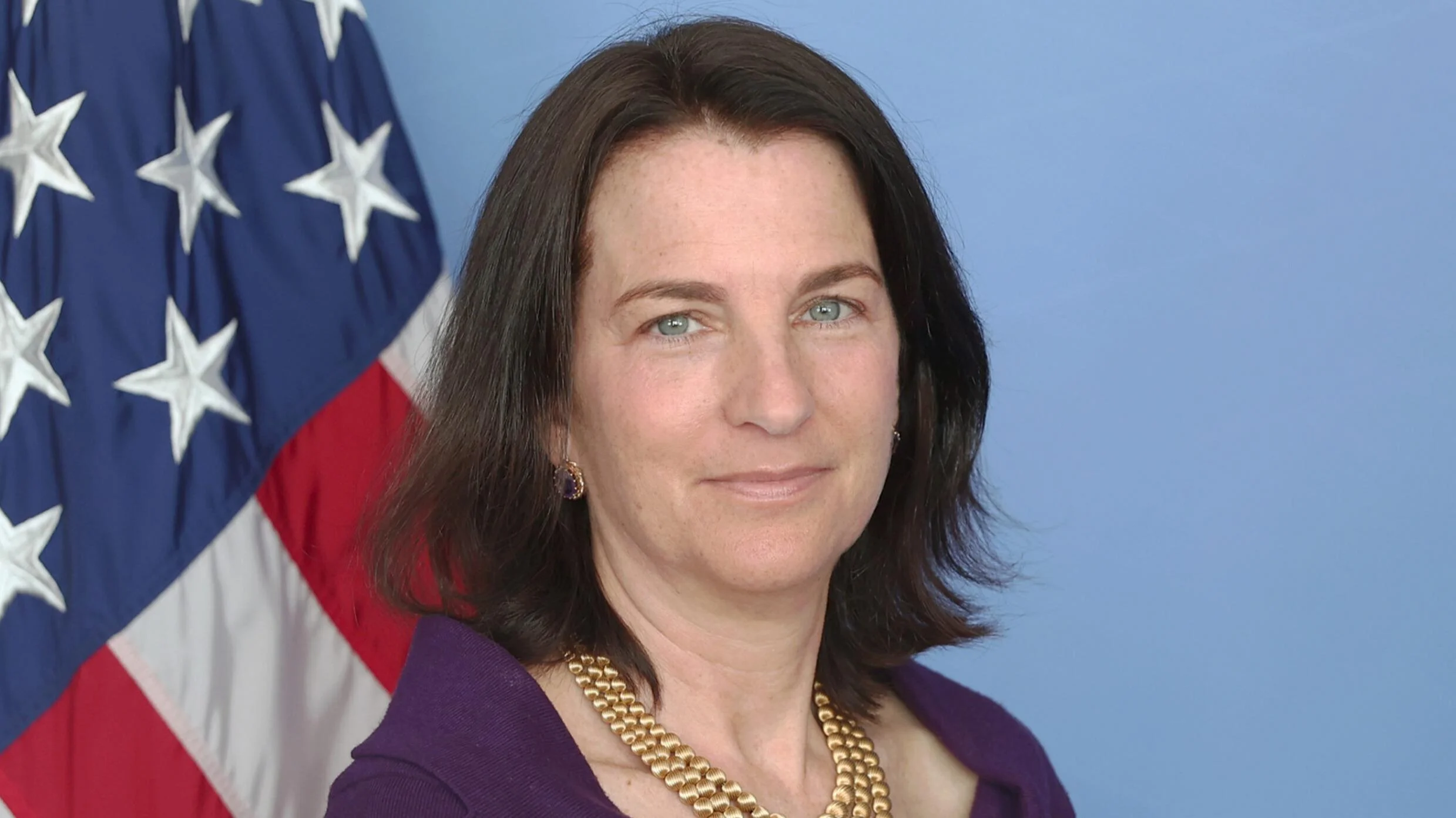The Biological Weapons Convention (BWC) marks its 50th anniversary, serving as a key component of international security by prohibiting biological weapons. Alongside the 1925 Geneva Protocol, these agreements have been instrumental in promoting peace and security globally. The BWC's preamble states that the use of biological agents and toxins as weapons is "repugnant to the conscience of mankind." The United States has been at the forefront in opposing biological weapons.
The BWC imposes several core obligations on its member states. These include refraining from developing, producing, or stockpiling biological agents or toxins without peaceful justification, as well as any means designed for hostile purposes (Article I). It also requires the destruction or repurposing of such materials for peaceful uses (Article II), prohibits their transfer or assistance in acquiring them (Article III), and mandates measures to prevent their development or retention under state jurisdiction (Article IV).
In 1969, the United States unilaterally renounced biological weapons. President Nixon announced on November 25, 1969, that the U.S. would dismantle its biological and toxin weapons program because “mankind already carries in its hands too many of the seeds of its own destruction.” Subsequently, the U.S. destroyed its stockpile and converted production facilities for peaceful purposes. The U.S. played a significant role in negotiating the BWC, which opened for signature on April 10, 1972.
As a depositary State of the BWC, the United States aims to promote universal adherence to the convention. Since it came into force on March 26, 1975, nearly 190 countries have joined. Membership continues to grow with five new countries joining since 2020. Despite this progress, concerns remain about some countries and non-state actors pursuing biological weapons.

